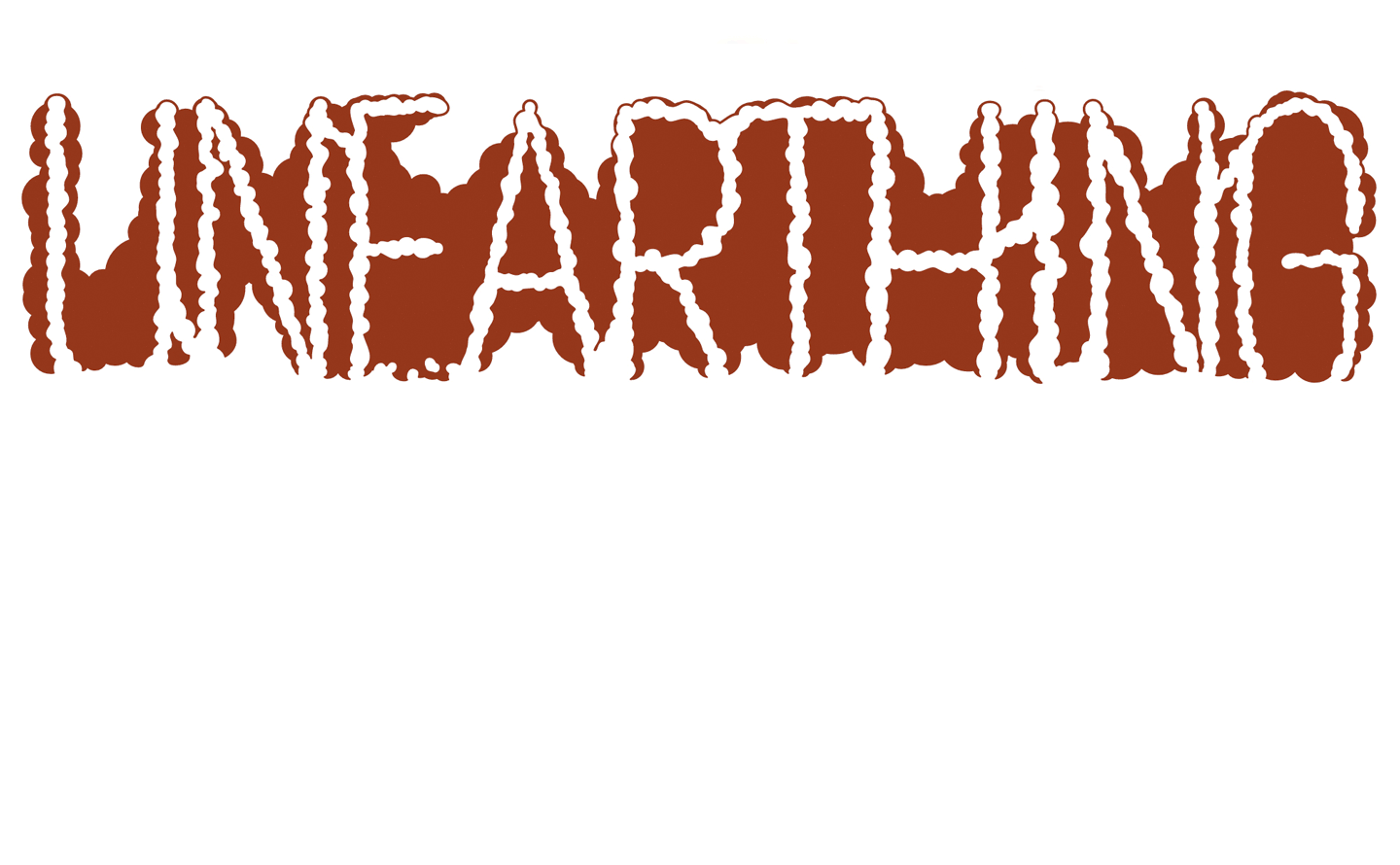Dismantling the Imperialist Entanglement of Archives and the Built Environment
May 27–29, 2021
With the swissuniversities doctoral course “Unearthing Traces: Dismantling the imperialist entanglement of archives and the built environment” (May 27–29, 2021), we propose to explore and learn about memory processes and power structures in archival practices in relation to the built environment and material architectural traces. With the participation of a wide array of thinkers and practitioners in archival and artistic practices, historians and researchers in architecture and social sciences, the course explores how imagined records and traces can be composed and grounded in the context of academic research in order to implement them into a historical argumentation. A particular emphasis will be made on architectural and spatial traces and records both through the methodologies of urban critical and postcolonial studies and through questioning the imperialist dimensions of the architecture of archives and built environments.
The spreading of archival practices responds to one of the major issues faced by communities in decolonization processes; the monopoly of knowledge and the destruction of other forms of knowledge circulation by imperial powers, enacting barriers to other histories than the dominant ones (Stoler 2008). The rejection of other records still constitutes a major obstacle to the legitimation of cultures and alternative narratives, and sometimes, to the achievement of justice (Caswell 2014). This phenomenon is emphasized by intersectionality, by belonging to several minorities based on race, gender, sexuality, economic class. Beyond the intentional segregation of archival documents, the “absence” in archives is grounded on the limits of the sayable (Hartmann 2008), issued from the episteme and techne of a time (Foucault 1966). Thus, western archives, by standardizing the ontology of their documents hid, erased, obstructed and devaluated certain (organic) forms of knowledge (Povinelli 2011), amplifying the biases of misrepresentations. The European urban environment still supports and perpetuates the economies of symbols of colonialism (Mbembe 2002), both in their physical materiality and virtually, from the origins of materials to the toponymy of their places. As such, there is an urge to deconstruct and re-ground our understanding and reading of both our archives and our environments in relation to one another, to unearth hidden traces, exhume obstructed narratives and give ground to “potential histories” (Azoulay 2019). View more information here.
Date
May 27–29, 2021
(The conference Unearthing Traces held on Zoom is free of charge.)
Registration now open
For external listeners: Please register here (to receive Zoom link)
For doctoral students: Please register here (for Zoom link & ECTS credits, find all info here)
Unearthing Traces speakers
Léopold Lambert, Françoise Vergès, Rohit Jain, Nolan Oswald Dennis, Shourideh C. Molavi, Samia Henni, Hollyamber Kennedy, Doreen Mende, Jovita dos Santos Pinto, Michelle Caswell, Faustin Linyekula, Izabel Barros, & others
Unearthing Traces is organized by
Denise Bertschi, initiator of Unearthing Traces, doctoral researcher and artist (EPFL, Labo LAPIS/HEAD–Genève)
Julien Lafontaine Carboni, initiator of Unearthing Traces, doctoral researcher and architect (EPFL, Labo ALICE)
Stéphanie Ginalski, historian, maître d’enseignement et de recherche (UniL)
Lucía Jalón Oyarzun, postdoc (EPFL), pedagogical director (SUR, Escuela de Bellas Artes)
Yves Pedrazzini, senior scientist (EPFL, Urban Sociology Laboratory)
Unearthing Traces is hosted by
Doctoral Program of Architecture and Sciences of the City (EDAR-EPFL)
Center of International History and Political Studies of Globalization, University of Lausanne (UNIL)
With the kind support of:
swissuniversities
Unearthing Traces on/offline: After the two-day Zoom conference (May 27–28, 2021), a workshop day in Neuchâtel, Switzerland (May 29, 2021) constitutes both an opportunity to actively apply various methodologies, and to question material traces of colonial entanglements of Switzerland through a collective and embodied research process “in situ.” Doctoral students across different disciplines—architecture, history, arts, political sciences—will be solicited, in order to decompartmentalize disciplines in this process. Register as a doctoral student.


